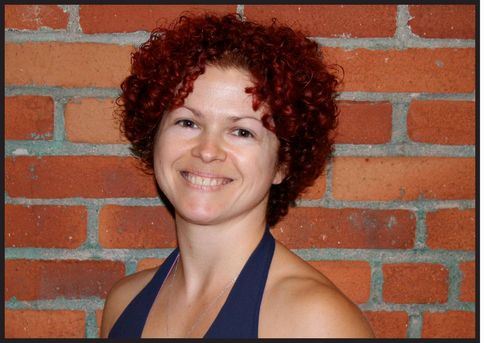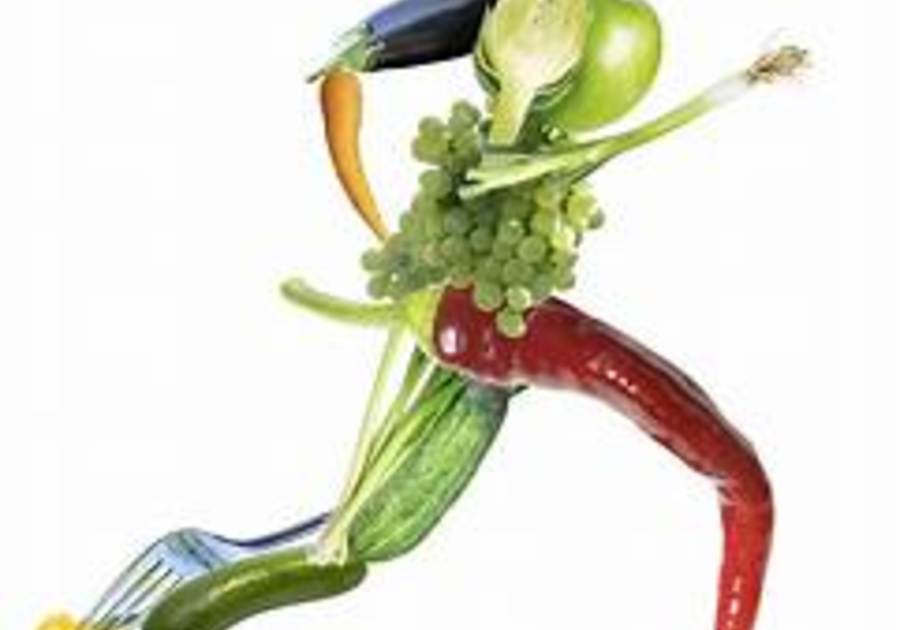How should I eat when I’m participating in a strength training program at the gym or for sports? Some important ideas to consider when you’re trying to build strength are making sure you get enough protein to help repair and build muscle during your rest periods, and enough carbohydrate pre-workout so that you have plenty of that instant energy you need to get the most out of your training session. For strength training, you might want to consider increasing your protein intake up to 1.5 grams per kg of body weight. To calculate your protein requirement, use the following equation: your weight in lbs divided by 2.2 = your weight in kg; your weight in kg multiplied by 1.5 = g of protein per day. Try to have a high carbohydrate snack within an hour before your workout to ensure that you have plenty of energy for physical activity.
What about performance-enhancing snacks, beverages, and supplements? The American College of Sports Medicine officially states: “There are 2 ergogenic aids that have been clearly shown [in other words through research studies] to improve a person’s capacity to perform better: carbohydrates and water.” So, keep it simple - you don’t need performance-enhancing products! Remember that companies that make protein bars, shakes, and energy drinks are doing it to make money; they market these as improving your athletic ability because they want you to spend more on their products. If you’re getting proper nutrition from your food, you don’t need these products, and they come with all sorts of extra ingredients that aren’t good for you!
Energy drinks are full of sugar, high in sodium, and packed with artificial ingredients. You can get all the energy you need from carbohydrates without this added junk. Also, keep in mind that artificially caffeinated beverages are not regulated by the FDA and sometimes have alarming amounts of caffeine. According to U.S. News & World Report, energy drinks resulted in 20,000 emergency room visits in 2016. A couple of years ago, I bumped into a gym regular who I hadn’t seen around in a while. I asked where she’d been, and she told me she had been hospitalized for a heart problem. She went on to explain that she had been drinking a few energy drinks every day, and had suddenly passed out and ended up in the emergency room. After spending some time in the hospital to get better, she was released and told to stay away from these drinks in the future.
Instead of a protein bar, for a high protein snack you could have a turkey breast roll-up, cottage cheese, Greek yogurt, hard-boiled eggs, roasted edamame, hummus, nuts, seeds, cheese, or oats. Instead of a protein shake, you could drink milk, chocolate milk (watch out for grams of sugar!) or a smoothie made with milk or Greek yogurt. Rather than an energy drink, keep a nutrient-dense carbohydrate snack on hand for pre-workout or when you’re low on energy. If you’d really like some caffeine, it doesn’t hurt to drink coffee or tea, which naturally contain caffeine. And even with coffee or tea, it’s best to drink in moderation, and to order or make it plain and add your own milk and sweetener. Watch out for sweetened, flavored coffee and tea drinks sold at coffee shops and convenience stores - these can be full of sugar and extra ingredients that add up to the equivalent of a meal in empty calories!
Now you’ve learned about looking at nutrition labels, the 3 main nutrients that provide energy, the most essential nutrient, water, and how to fuel up for physical activity. In next week’s article, the last in this series, I will go over tips for cleaning up your diet and making changes so that you can eat healthier for the long-term.

Johnna Paulsen has a BA in Dance from Smith College, and is Certified in Personal Training (ACSM), Senior Strength Conditioning, and Corrective Exercise. She is also a licensed Zumba Gold instructor.
Phone: 413-563-7796, email: johnnadancer@gmail.com, Facebook: @johnnapaulsenpersonaltrainer



